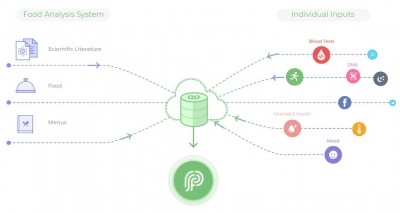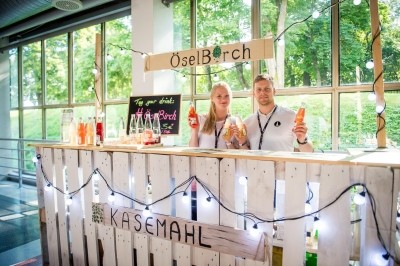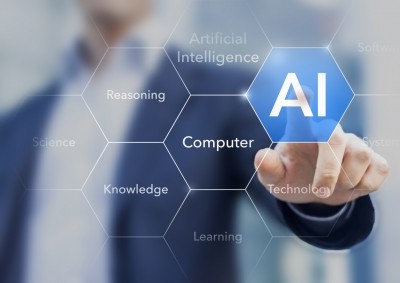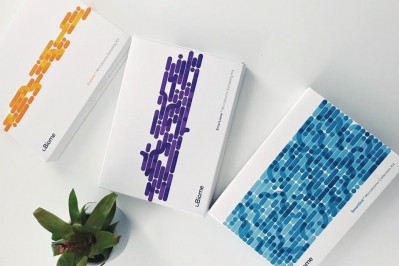Hitachi identify patient nutrition gaps using AI to scan hospital meals

Currently in the proof of concept phase, the plans are set to go ahead at the end of March 2019 and will use AI to analyse leftovers from images, helping to build a nutritional profile of the patient and address nutrition shortfalls.
“We are trying to detect the menu and weight of the meal from a still image and also estimate the number of calories from the quantity of ingredients of every menu,” said Hitachi’s Mariko Notomi.
“It is difficult for the artificial intelligence system to accurately predict how much is leftover by only a still image, so we are using a video image for training.”
Deep learning algorithm
Hitachi Solutions Create have already made inroads in trying out the system in hospitals, taking pictures of leftover food using cameras attached to trolleys.
Here, the AI technology uses deep learning techniques to analyse and more crucially learn about different patterns of leftovers. Currently, this is a task assigned to hospital staff, in which visual checks are made of patient leftovers.
According to Notomi, the AI technology could be used in other food-based settings or environments such as nursing homes, residents of group homes and applicable toward athletes and ordinary people who are on diets.
“There are a lot of patients, and elderlies in care homes who have sarcopenia or frailty,” she said.
“They need a next generation nutrition management system. We think the AI system can help as a first-class dietician.”
Food analysis service
Hitachi Solutions Create also revealed that the firm were in the midst of providing a food analysis service in which stay-at-home patients would use their smartphones to take pictures of their meals and send them to specialists for AI analysis and feedback.
“We think that it is possible to utilise information that can be grasped from a picture as input of remote food analysis service,” said Notomi.
“There are many kinds of menus and recipes or ingredients, so it's very difficult to estimate not only the calories but also nutrition such as vitamins, minerals from just a picture.
“We can only replay the menu of the meal detected and the standard calories of the menu as a reference. The AI system can only presume the standard calorie of the menu from a picture,” she added.
“For example, it is impossible to estimate the amount of salt and hidden menus served in parts not reflected in the picture.”
The use of AI in monitoring and improving the nutritional content of meals is not a new one. Although in its infancy, the Institute for Public Policy Research (IPPR), mentioned the idea in a recent report, where AI was seen in a more service-based role rather than an advisory one.
Co-authored by ex-UK health minister Lord Darzi, the report identified AI in the form of “Bedside robots”, who could help patients consume food and drink and move around their ward.
Healthcare start-ups
More relevant is the work London-based healthcare start-up VITL is currently involved in. The firm uses AI to diagnose a person’s nutritional needs and deficiencies providing them with a personalised nutrition plan and daily vitamin pack tailored exactly to those needs.
VITL has developed an AI engine called LANA (Live & Adaptive Nutritional Advisor) that maps out the logic and thought processes of human nutrition experts using a broad range of lifestyle and diet data points.
Similarly, Israel-based nutrition data start up Nutrino’s AI-based nutrition data services could provide individualised insights for personal nutrition to specific patient audiences such as diabetics or those suffering from gastrointestinal disorders.
Currently available in Japan, Hitachi added that they would like to begin business within this fiscal year, eventually expanding to Europe and worldwide in collaboration with a global partner.















